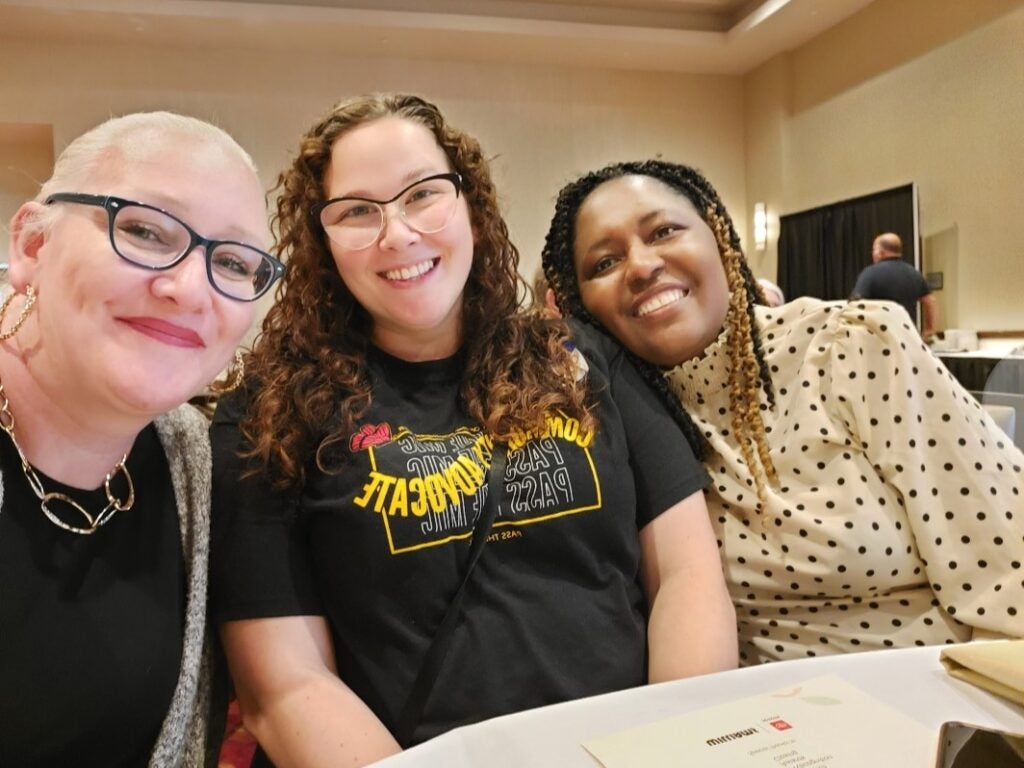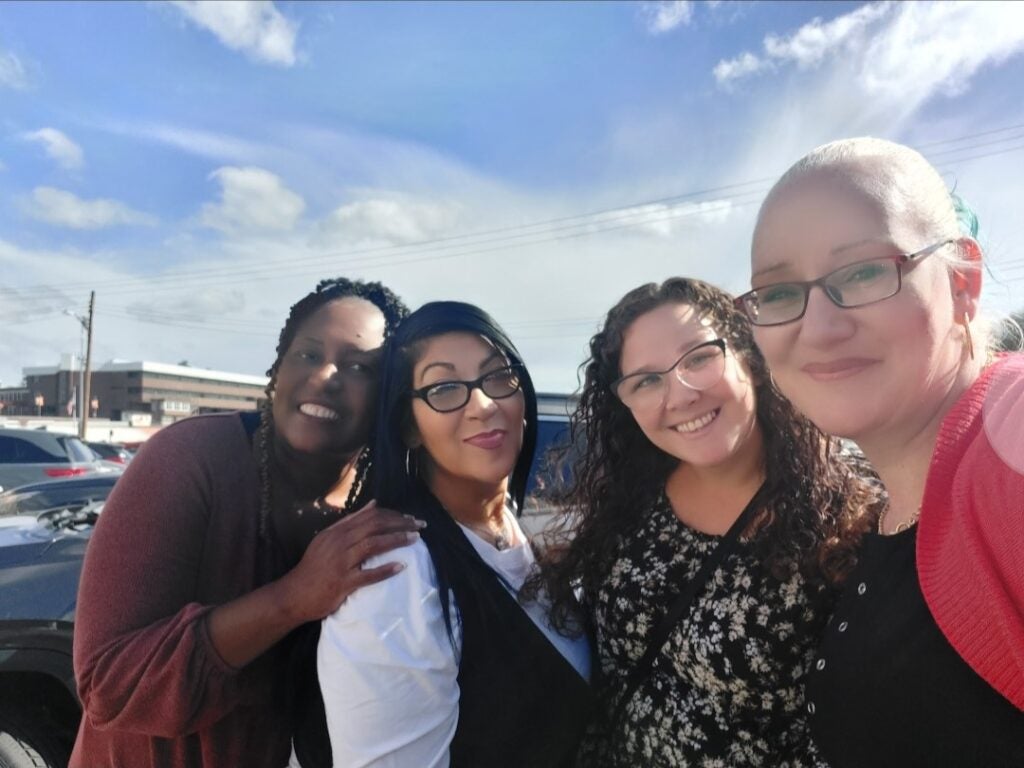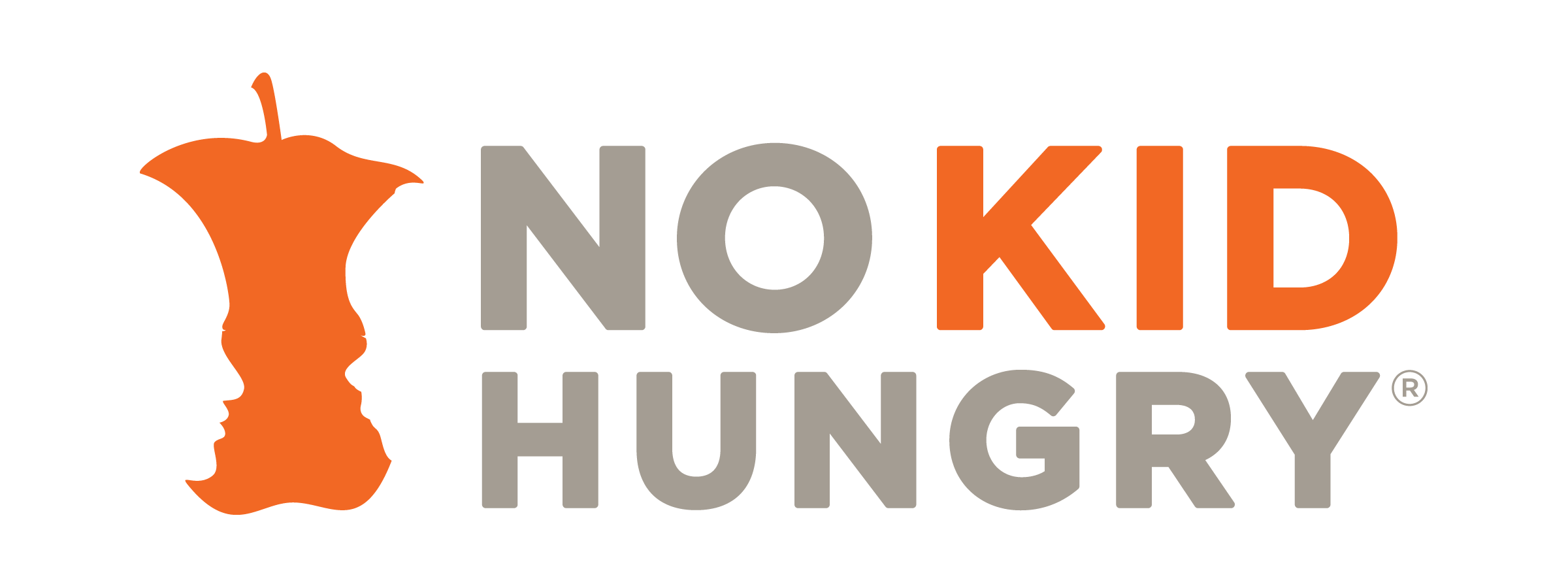

Founded in 2016, Food Bank of the Southern Tier’s Community Advocates Program (CAP) works with community members who have experienced financial hardships and food insecurity, building their leadership skills to become active voices in the movement to end hunger. The Food Bank of the Southern Tier is a long-time partner of No Kid Hungry; since 2021, No Kid Hungry New York has worked closely with the Food Bank on the Community Advocates Program. When Jackie Bogart joined the program’s first cohort, she wasn’t quite sure what she was doing there – but she knew that it felt good. Through the program, she learned about the root causes of poverty, economic (in)equality, narrative structure, and public speaking skills. At the program graduation, Jackie gave her first speech, about her personal story – and people were there, listening. Jackie started to use her voice to advocate, lobby, and dispel stereotypes.
Now, as the Food Bank’s Community Empowerment Coordinator, Jackie has helped other Community Advocates find their power and learn to share their own stories. To Jackie, one of the most important parts of the program is the sense of connection and accountability in the cohorts. When Jackie started in the program, she felt isolated, alone, and not like a part of her community; she felt like she was something her community wanted to hide. Through the program, she realized that she had valuable skills and insights to share. While at first she had wanted to quit, Jackie realized that the other advocates in her program were relying on her. Jackie says “It’s not just a job. This is about my life, and my children, and my grandchildren. The only way for children and grandchildren to have a better life is to keep going and to use your voice.”
Through the years, the program has grown and shifted. Jackie noted that the program now teaches advocates about the impact of trauma; which is crucial, as Jackie notes that to her, hunger is a mental health issue and needs to be addressed with that lens. This year, CAP graduation focuses on more than just getting people to give their speech and share their story. Advocates are able to exercise their agency on what to present about and how to share it. They are able to talk about the issues they are most passionate about – in Jackie’s words, “If you can relate your life into a topic, you’re more likely to remember it – but you’re also able to understand it and move forward. It’s empowering.” Graduates of CAP are invited to speaking engagements, and the program tries to keep alumni plugged into the community. Last year, graduates were trained to be peer mentors, and some of them will be co-facilitating the next cohort. Jackie and her coworkers are constantly looking for ways to give advocates more responsibility and accountability, such as giving the cohort a budget and letting the group decide how to spend it.
When Jackie started in her role, she felt powerless. Now, part of her goal is to make sure that she is making space for others to come into their power, and to make sure that they are able to advocate for themselves, their families, and their communities. One of the best parts of the program is when advocates are asked to come back to speak at organizations. People are seeing the impact that sharing their story can have, and are wanting to pass that onto others. In a time of rising food insecurity rates, what helps people get through it, as Jackie said, is simply people helping each other. The peer support of programs like CAP is one powerful way that people are able to show up for one another. In Jackie’s words, “It doesn’t matter what someone has done, what position they were born into, and what decisions they’ve made – it doesn’t matter. Hunger isn’t okay.”

